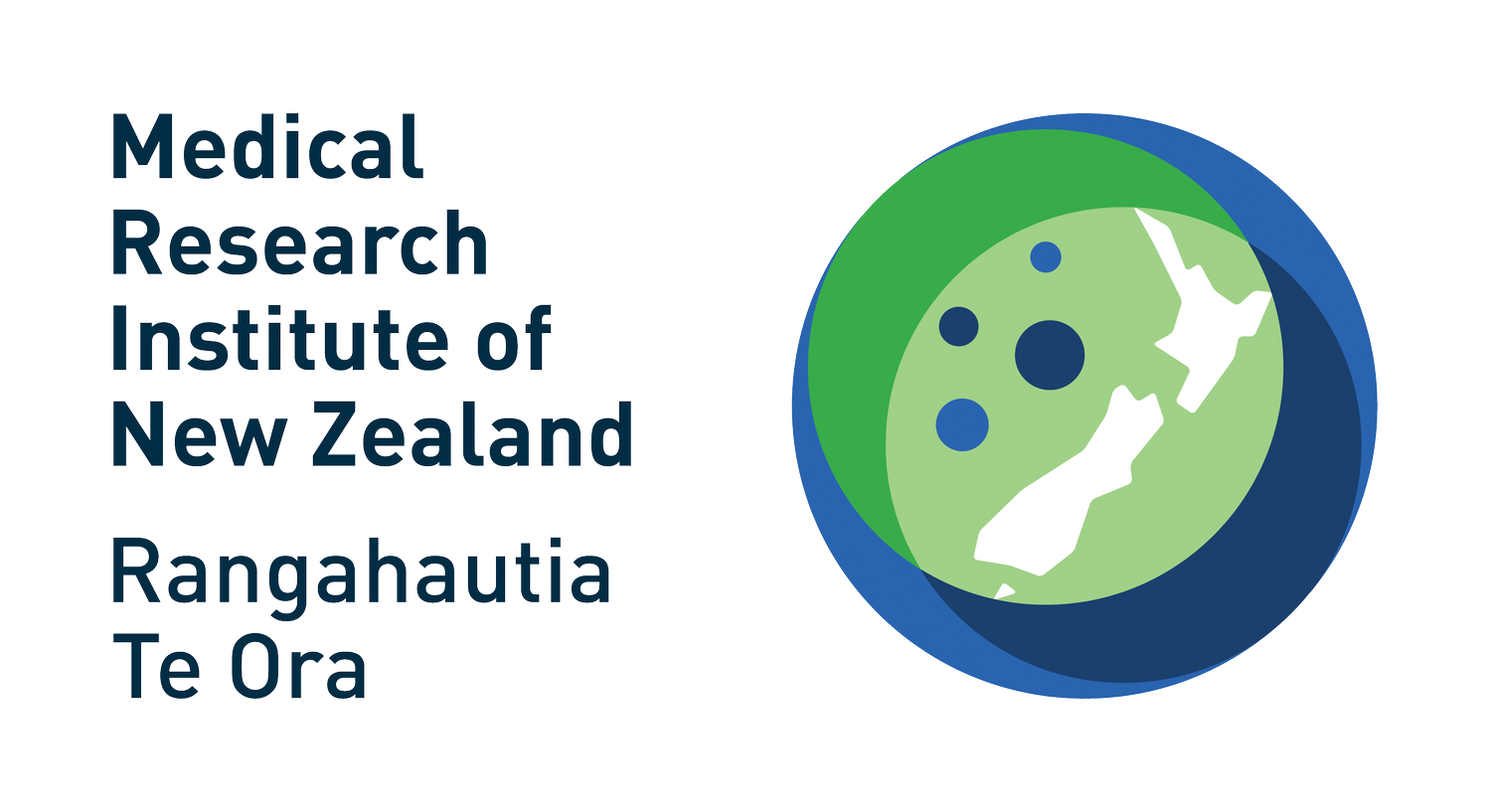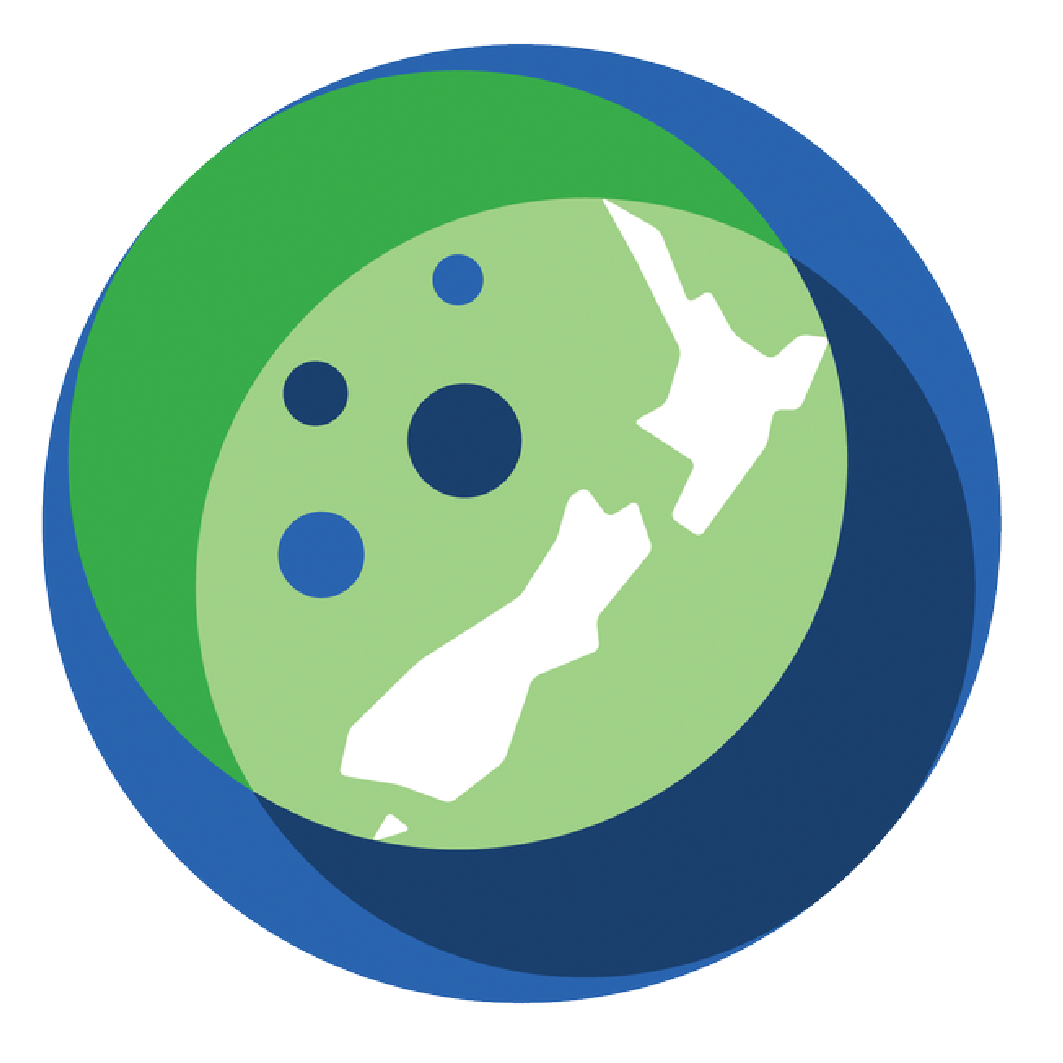Audit supports move towards primary health providers leading COVID-19 community management.
An audit of the management of COVID-19 cases at the Papakura Marae Health Centre during late 2021, co-authored by Associate Professor Matire Harwood and research colleagues at the MRINZ, has today been published in the New Zealand Medical Journal.
This audit outlines how the Papakura Marae Health Centre became the default care provider for COVID-19 cases isolating in a Tāmaki Makaurau community during late 2021 — in essence taking over the role of the Ministry of Health’s system in place at the time.
In October 2021, the New Zealand government announced that community COVID-19 cases would no longer be overseen in Managed Isolation and Quarantine facilities. Management thus moved towards Community Supported Isolation and Quarantine where those diagnosed were provided with a remote check-in service run by Whakarongorau Aotearoa, contracted by the Ministry of Health.
However, difficulties soon arose, with reports of check-ins and reviews being performed inconsistently and whānau isolating in homes that did not meet the criteria for safe isolation. These inadequacies resulted in primary health professionals, such as GPs and nurses, making house calls and offering basic needs to COVID-19 patients — especially in the most at-risk communities.
Associate Professor Harwood, General Practitioner at Papakura Marae Health Centre and Deputy Director of the MRINZ says:
“An independent review panel stated that two of the deaths of COVID-19 cases in home isolation in Tāmaki Makaurau were potentially preventable. It's clear that more could have been done and needs to be done for our most vulnerable communities. We have a very real opportunity here for our health service systems to be stronger if there’s formal collaboration with local providers to best serve all New Zealanders through community focus.”
In response to these reports, the Papakura Marae Health Centre undertook an audit of their management of COVID-19 positive cases.
Using primary care records from 14 October to 18 November 2021, the audit’s purpose was to determine how the Papakura Marae Health Centre might improve the clinical care, welfare and health outcomes of their patients and avoid preventable deaths.
The audit showed that the medical care provided by the Papakura Marae Health Centre was of an extremely high standard. It was noted that they also provided extensive welfare support, such as packages of kai, medication and hygiene items, in accordance with their holistic approach to healthcare.
Associate Professor Harwood says:
“As a GP with a deep commitment to my community, there was no question of stepping in and supporting our whānau, especially when systems they anticipate would support them, did not. Primary care professionals across Aotearoa are able to best support their people, and I would strongly encourage the Ministry to immediately forge ways in which these practitioners could be adequately resourced to take responsibility of the management of patients with COVID-19 in the community.”
Professor Richard Beasley, MRINZ Director, says:
“It is evident from this audit that the Papakura Marae Health Centre essentially undertook the role of the Ministry of Health’s system. It also gives an insight as to what might be further achieved with increased resourcing through the future Māori Health Authority. By sharing details of the mahi within this audit, it is hoped that the Ministry of Health will continue to consider alternative collective models that deliver best care for COVID-19 patients in their communities.”
Hear Matire Harwood’s Nine to Noon interview with Kathryn Ryan here:

